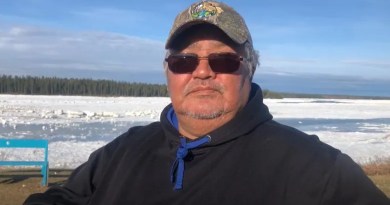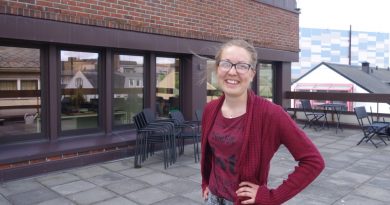Policing infrastructure rejig in Canada’s northwestern Yukon territory
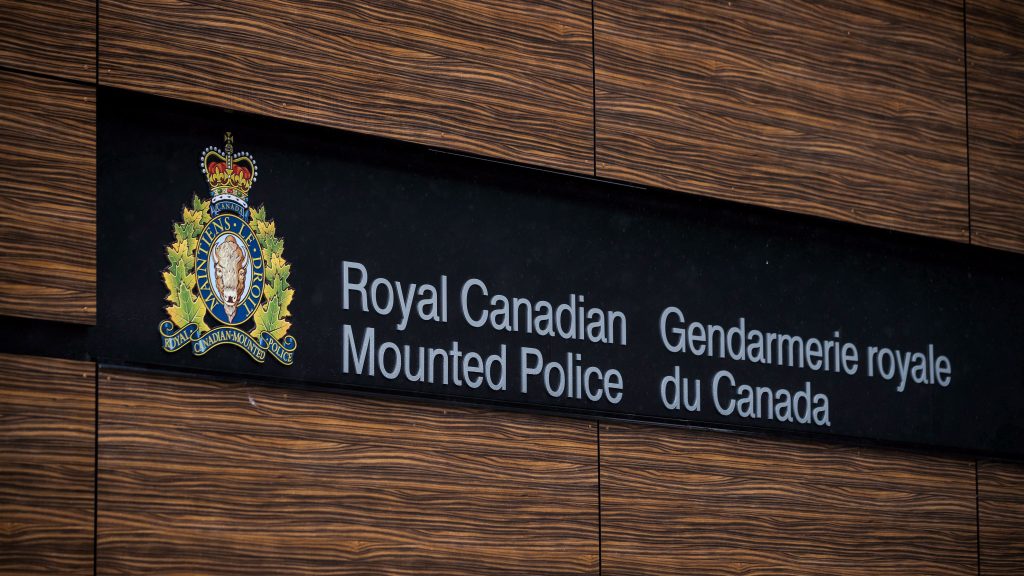
The Royal Canadian Mounted Police (RCMP) and the Government of Yukon announced new plans this week for policing infrastructure in the territory.
Besides renovations to police buildings in the communities of Faro and Ross River, a new detachment building is planned for the community of Carcross in consultation with the Carcross Tagish First Nation and Yukon’s departments of justice and highways and public works.
Costs are expected to run around $11-million.
“It’s important for us to address ageing infrastructure with respect to how we deliver police services here in the territory,” Tracy-Anne McPhee, Yukon’s justice minister, told Eye on the Arctic in a phone interview on Friday.
“(The government and RCMP) have really tried to put our heads together to make sure that we are coming up with creative ideas to address policing issues here in the territory.”
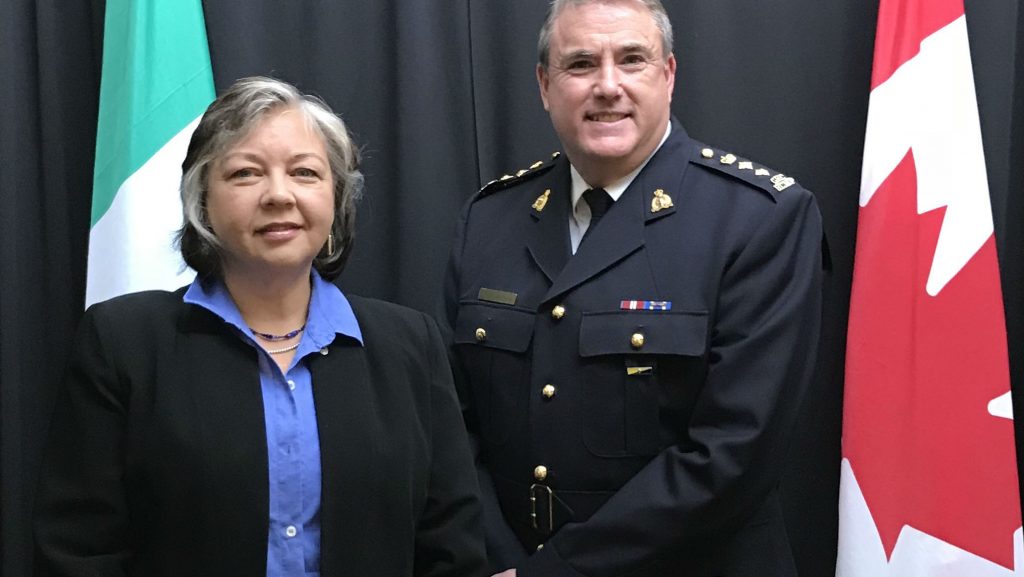
For more on Yukon’s policing plans and the importance of keeping the community policing model in Yukon, listen to Eye on the Arctic‘s conversation with Yukon Justice Minister Tracy-Anne McPhee:
New operational models
Besides building rejigs, new regional operational models will be put in place in five Yukon communities: Faro, Ross River, Haines Junction, Burwash Landing and the Destruction Bay area.
“Policing in Yukon continues to evolve,” said Scott Sheppard, the Yukon RCMP commanding officer chief superintendent, in a news release on Tuesday.
“It’s important that we remain flexible to new service delivery models, so we can maintain our ability to respond to Yukon’s unique policing requirements. This can only be achieved through ongoing and honest discussions with our policing partners. Providing proper facilities for our employees will have a positive impact on the work we carry out in these communities.”
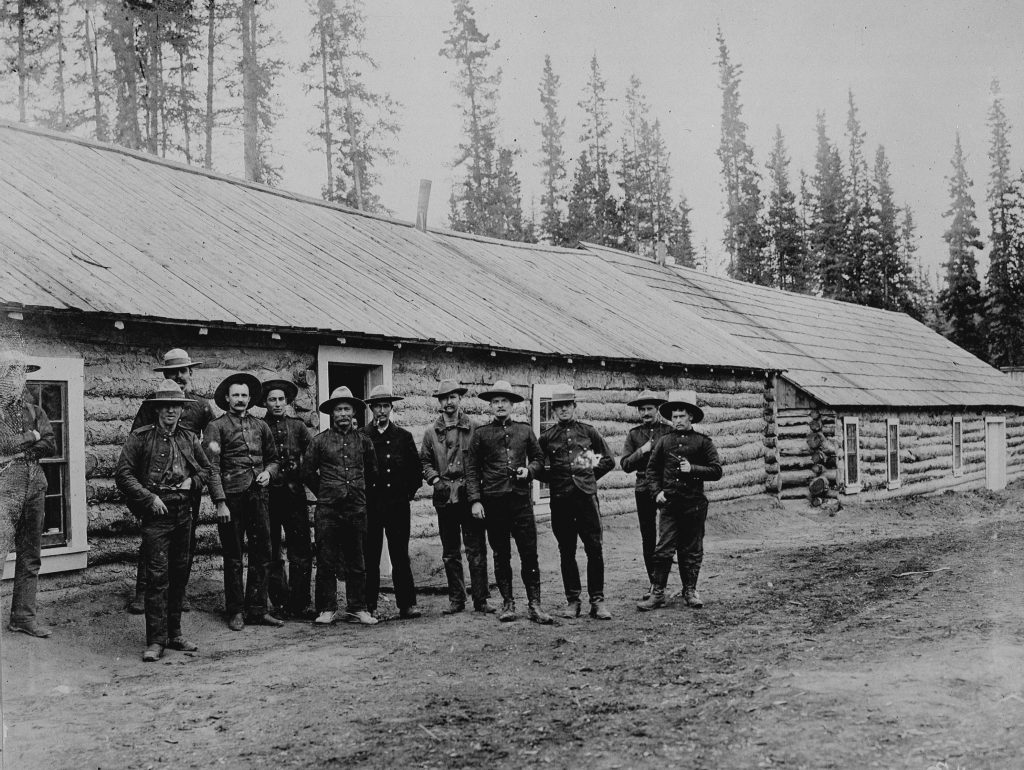
The Royal Canadian Mounted Police are Canada’s national police force. The also provide policing in the majority of rural Canada and places without municipal law enforcement. The RCMP also provides policing in Canada’s three northern territories: Yukon, the neighbouring Northwest Territories and the eastern Arctic territory of Nunavut.
Sources: Government of Yukon, Royal Canadian Mounted Police
The RCMP provides policing to Yukon under contract.
The policing infrastructure investments announced this week are governed under the 20-year Territorial Police Service Agreement between Canada and Yukon.
There are around 36,000 people living in the territory.
Write to Eilís Quinn at eilis.quinn@cbc.ca
Related stories from around the North:
Canada: Former Canadian Mountie sues after developing PTSD while policing in the North, CBC News
Denmark: Nordics report high abuse levels against women, Radio Sweden
Finland: Finnish-Swedish police launch cross-border cooperation, Barents Observer
Russia: Service reindeer for police in Russia’s Arctic, The Independent Barents Observer
Sweden: Cross-border Nordic policing would better serve Arctic: politician, Radio Sweden
United States: New police unit to fight violent crime in west Alaska, Alaska Dispatch News

